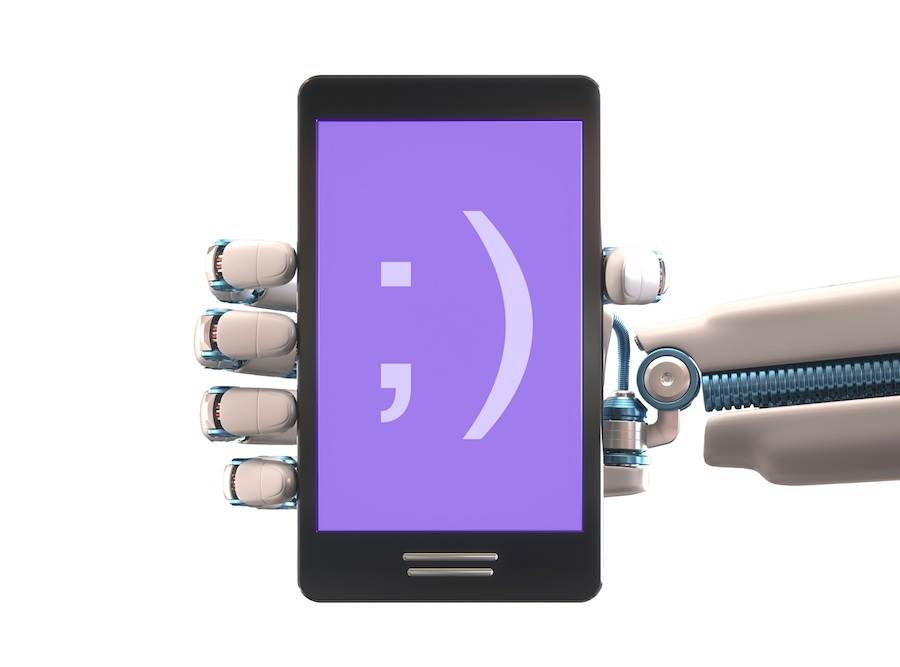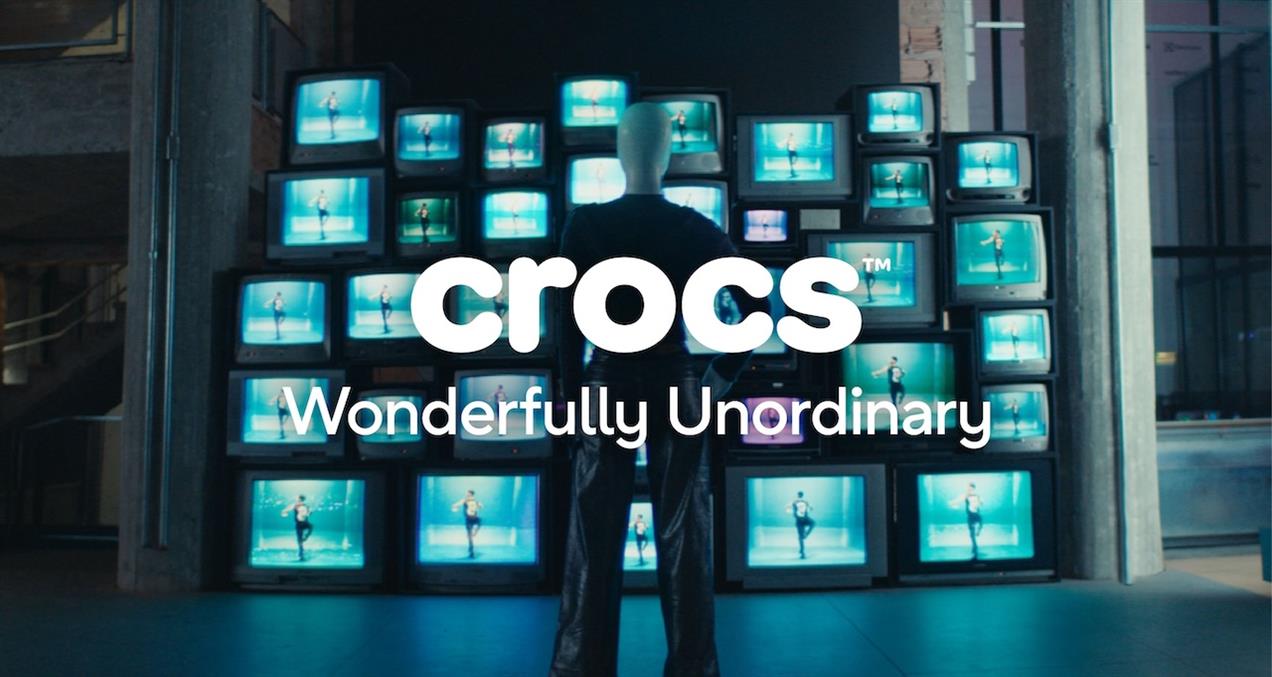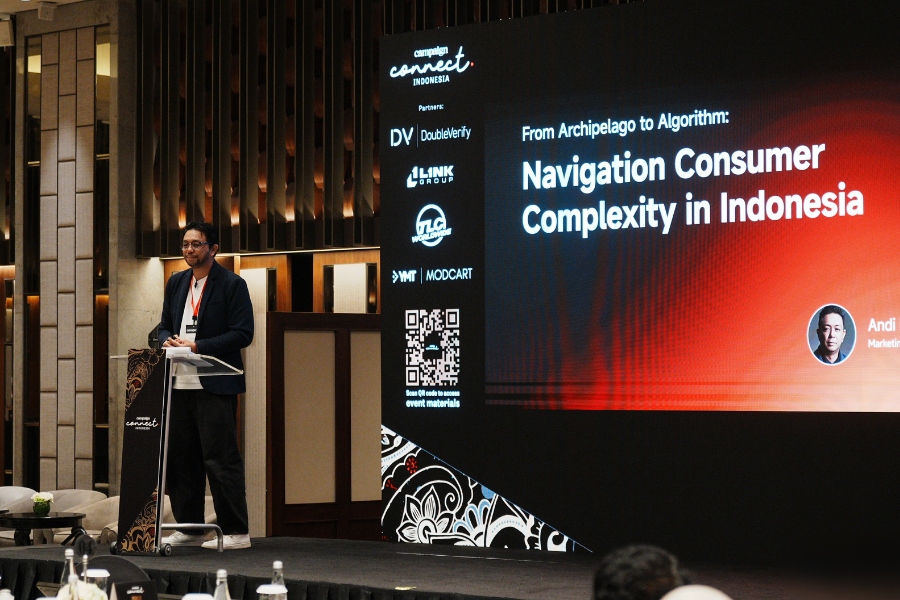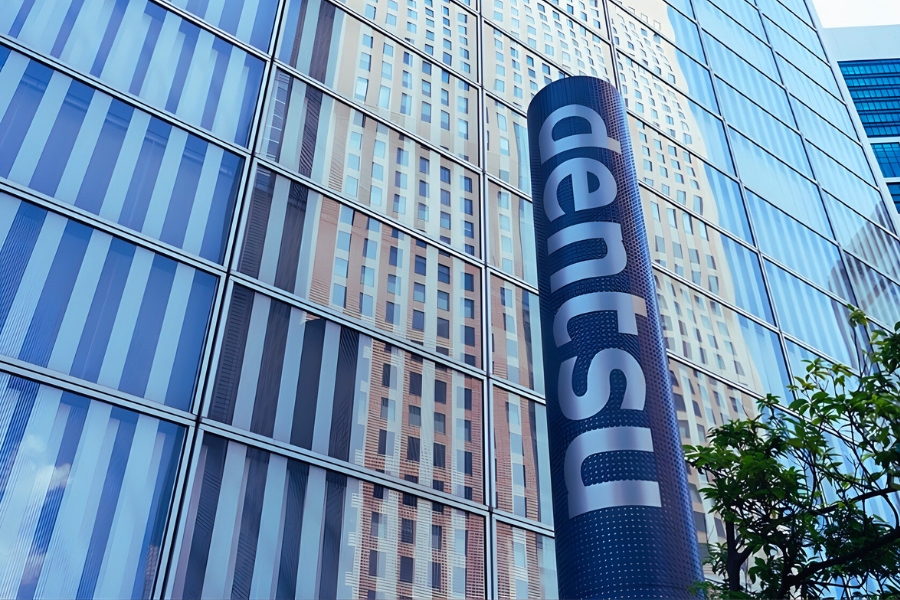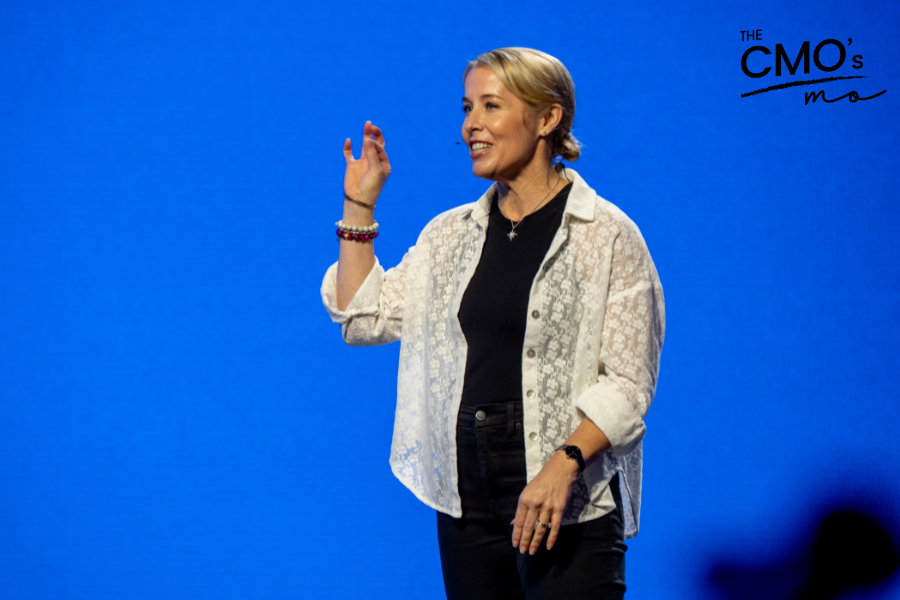Don’t fear the ‘bots’; they can sense it. As artificial intelligence (AI), virtual reality (VR), augmented reality (AR) and mixed reality (MR) start seeping into the mainstream, there appears to be a rising consciousness to create and design intelligent machines and services that ‘feel’. An intuitively human machine will no longer be the stuff of science fiction but real life.
Initial fears of the rise of the machines, ala Terminator, The Matrix and Ex Machina have not been fully abated, but has evolved from apprehension to possible inclusion. Human traits such as “intelligent”, “empathetic”, and “having a personality” are being weaved into the briefs by brands for the technology that they’ve adopted. Designers are being asked to consider emotional experiences, real-world functionalities, reconnecting people, as they integrate these new forms of tech to what they do.
Futurist, Elon Musk, CEO of Tesla and SpaceX, addressing an audience at the World Government Summit in Dubai, has suggested that humans must merge with machines or become irrelevant in the AI age. He retains his concern of AI which he once described as “summoning the demon”. However, as AI moves into the everyday, “some high-bandwidth interface to the brain will be something that helps achieve a symbiosis between human and machine intelligence and maybe solve the control problem and the usefulness problem.”
Beyond the obvious realms of AI in air travel, space exploration and warfare, there is its tangible human impact: in fields and farms, to increase food production and provide better intelligence for farmers; in health care, providing predictive solutions and improve patient care; in sports, to prevent injuries and identify talent. Advances in AI are expected to provide the world with a better emotional connection, as it frees us from the more mundane, algorithmic tasks. Allowing more time to experience life.
Technology is apparently speed ramping our humanity. VR has received the accolade as the ultimate empathy machine. It’s been a game changer in the field of healthcare and medicine, providing controlled, simulated settings. In the process, helping trauma victims, assisting doctors in performing surgery and enhancing the healing process. The immersion in a VR headset provides a powerful, immersive environment.
And what about a virtual human? Holograms are being used to provide a new dimension to sharing and inclusiveness. New Dimensions in Testimony, made by the University of Southern California’s Institute for Creative Technologies (ICT) and the Shoah Foundation, has 12 Holocaust survivors as responsive holograms who share their real stories and interact with audiences in classrooms, lectures and museums.
At the heart of all of this, is the elixir of what brands are searching for—the ultimate connect with their consumers on an emotional level. Currently, it’s been data-driven: measurement, analytics and overall engagement. With every click, the internet of things amasses data about us and our preferences. But it hasn’t been able to measure how we feel…yet. And this will be the game-changer.
Affective computing and emotion-sensing technology have started this process of understanding human interaction and social cues. The machines will be advancing into creating rich emotional experiences. Rather than fear their rise, embrace the change, as it will make for a better connected, more human world. And if unsure of the future, ask the machines. They know what you need, what you want, and how you feel.
 Karen Cheah, business development and strategy, SuperSphereVR Karen Cheah, business development and strategy, SuperSphereVR |

